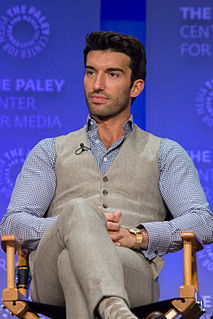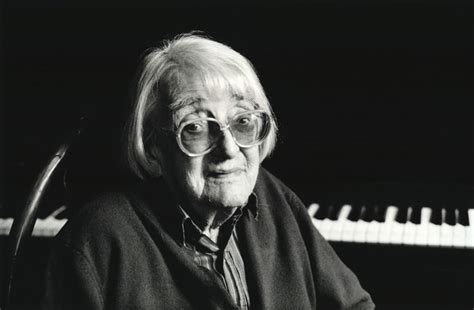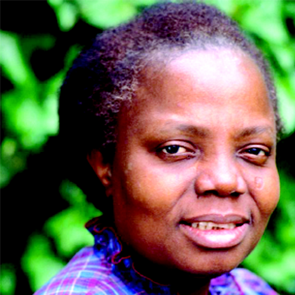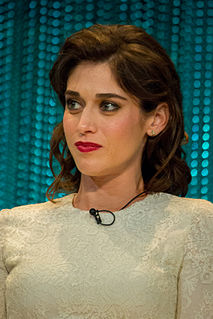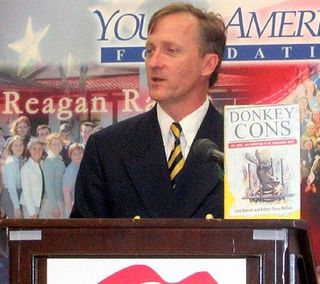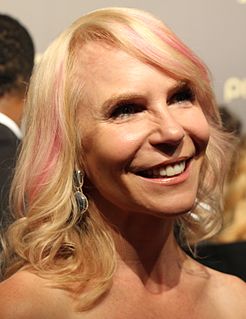A Quote by Susan Sontag
I have been told that I am a "natural" feminist, someone who was born a feminist. In fact I was quite blind to what the problem was: I couldn't understand why anyone would hesitate to do what they wanted to do just because they were told that women didn't do such things.
Related Quotes
A lot of women seem to have a similar attitude, - 'I'm not a feminist' - and it gets wearying. What's wrong with being a feminist? I'm proud to be a feminist. It's been one of the most positive things in my life. It's one of the best traditions there is. It's admirable to be a feminist and to stand up for one's sex, to fight against inequality and injustice and to work for a better society.
At the beginning of my career, a more senior photographer told me to shoot stories on women and I didn't want to. But I spent two and a half years in India and chose to do stories about women because I was shocked by their treatment. My stories in the Middle East and on the border of Europe and Asia were a response to my time in India. They weren't driven by a feminist idea but when you're moved by women's issues in these countries you can't help becoming a feminist somehow.
Quite frankly, I talk about the fact that I'm a feminist as often as I can, and every time I do, it gets huge reaction, and media reacts, and the Twitterverse explodes and things like that, because here I am saying I'm a feminist. I will keep saying that until there is no more reaction to that when I say it, because that's where we want to get to.
I have been villainized because of my identity - I've received nasty blog comments and emails just based on my willingness to identify with feminism by people who clearly don't understand what I value and why I identify as a feminist. Ultimately, I'm less concerned with whether or not people identify as feminist and am more concerned with whether or not people understand what feminism is. If they don't want to identify as a feminist that's fine. I respect people's decision to identify any way they want and expect that same respect in return, although I don't always get it.
Some people ask: "Why the word feminist? Why not just say you are a believer in human rights, or something like that?" Because that would be dishonest. Feminism is, of course, part of human rights in general-but to choose to use the vague expression human rights is to deny the specific and particular problem of gender. It would be a way of pretending that it was not women who have, for centuries, been excluded. It would be a way of denying that the problem of gender targets women.
My advice to other female directors would be to pay no heed to naysayers. Women can be united in the fact that there has always been someone in our lives who has told us "it can't be done" or "there is only so much you can do." We are constantly encouraged to think that being born a woman means we were born with limited choices and compromised dreams.
I was always a feminist. My mother was a feminist; my grandmother was a feminist. I always understood women had to fight very hard to do what they wanted to do in the world - that it wasn't an easy choice. But I think the most important part is that we all want the right to be taken seriously as human beings, and to use our talents without reservation, and that's still not possible for women.

